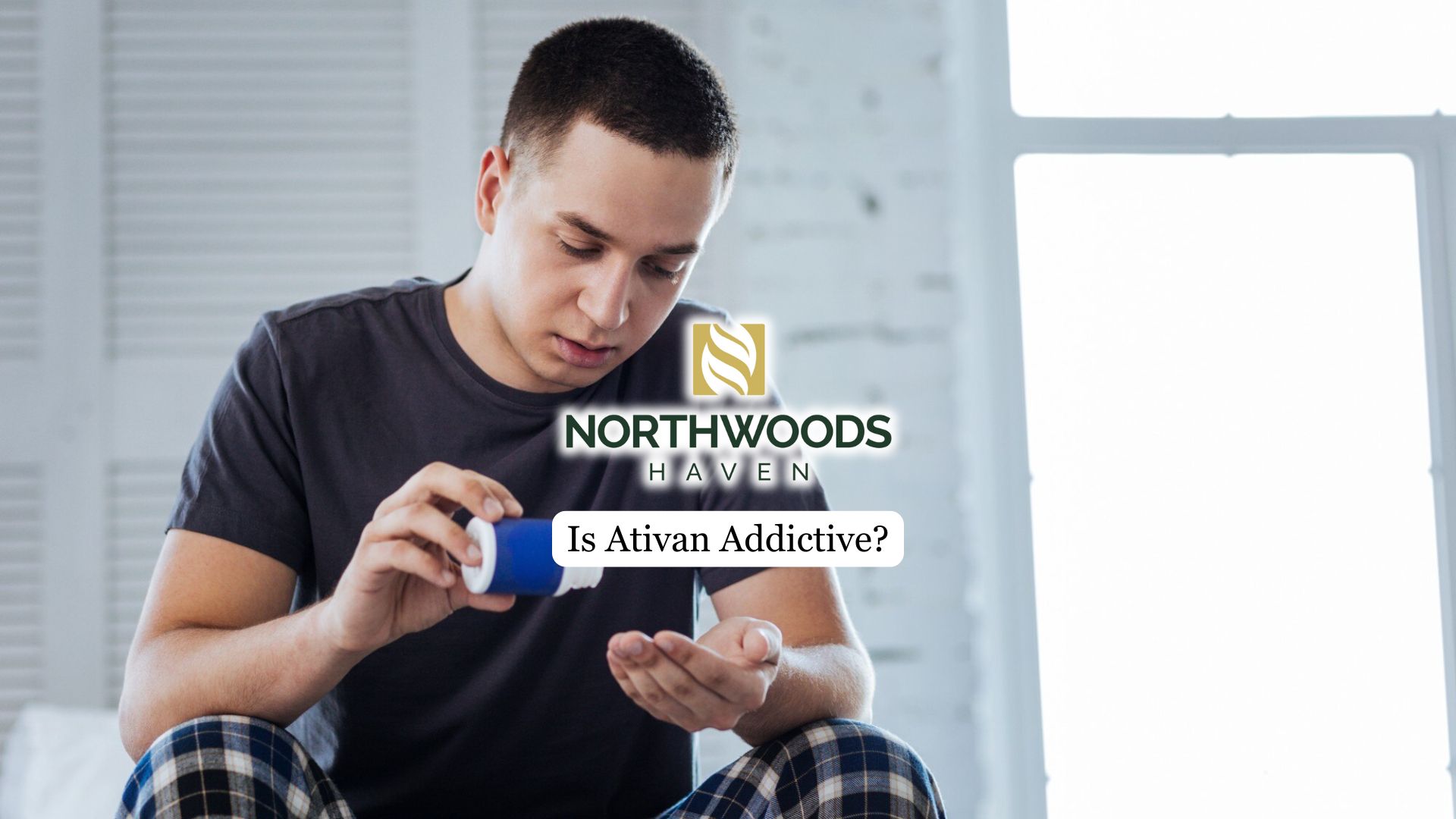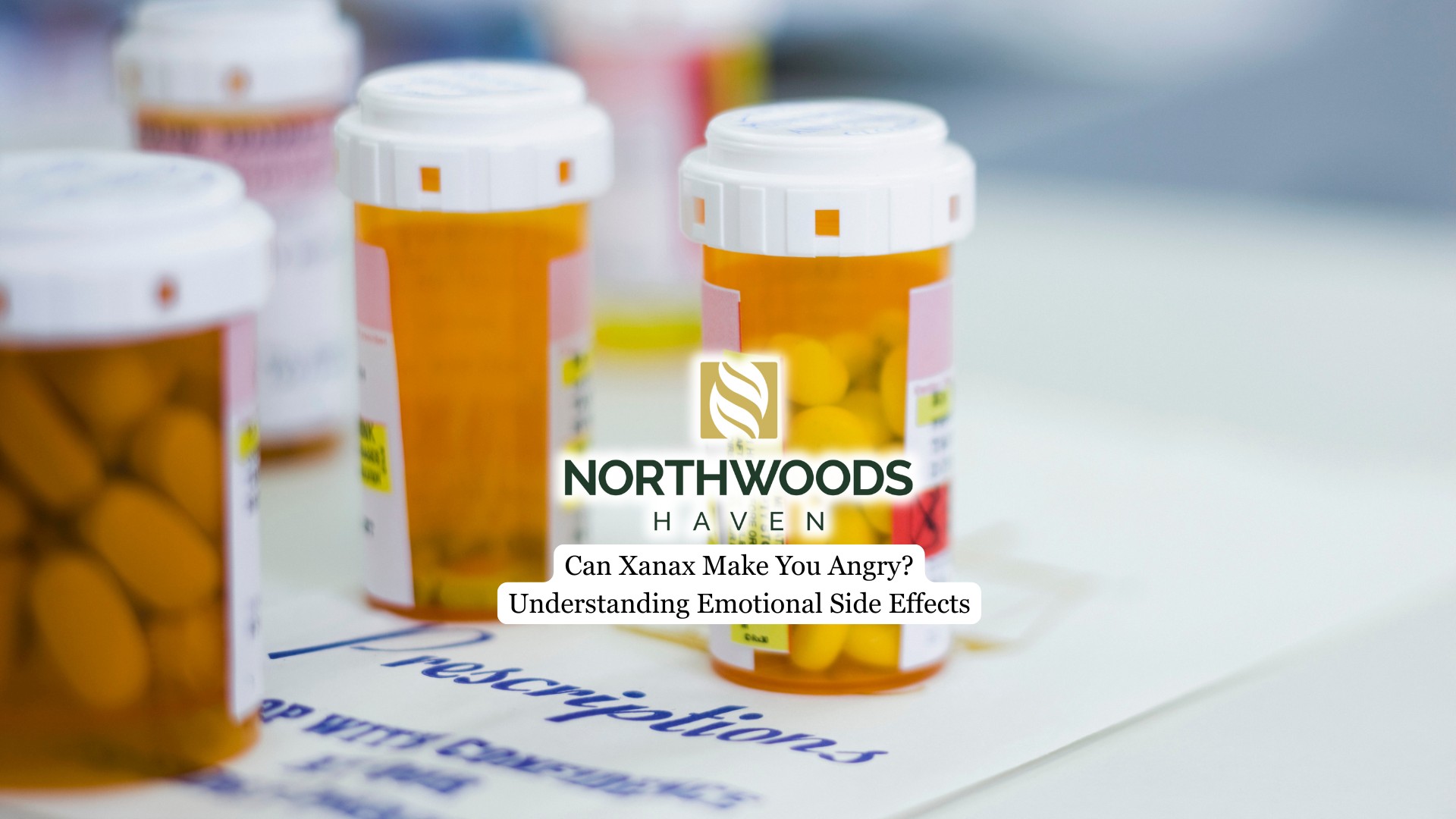Ativan is the brand name for lorazepam, a prescription drug used to treat anxiety, trouble sleeping, seizures, and symptoms related to alcohol withdrawal. It belongs to a group of medications called benzodiazepines, which work by calming brain activity. When used for a short time and under medical supervision, Ativan can be helpful and practical, but it also has potential for addiction.
This article explains how Ativan works, when and why it can become addictive, and what factors increase the risk. If you or someone you know is using Ativan, understanding these points is essential for safe and responsible use.
Understanding Ativan’s Mechanism of Action
Ativan enhances the effects of gamma-aminobutyric acid (GABA), a neurotransmitter in the brain that inhibits nerve activity. Increasing GABA activity reduces anxiety and promotes sleep and relaxed muscles. This mechanism is effective for short-term symptom relief, but it also plays a role in the drug’s potential for misuse.
The brain adapts to the enhanced GABA activity over time. Users may require higher doses to achieve the same calming effects as tolerance builds. This neurochemical adaptation is a key factor in the development of dependence, which can lead to compulsive use and, ultimately, addiction if not carefully managed.
If you’re having a hard time stopping Ativan, check out our Ativan addiction program in Minneapolis and get the support you need to recover safely.
Short-Term vs. Long-Term Use
When used under short-term medical supervision, Ativan is generally considered safe and effective. Physicians typically prescribe it for brief periods, often a few days to a few weeks, to address acute anxiety or insomnia. Problems tend to arise when use extends beyond this intended window.
Prolonged use increases the risk of tolerance, leading patients to take more than prescribed. This escalation can occur subtly, even in those following their doctor’s orders. Over time, what began as a medically justified treatment may turn into a persistent need to function normally, signaling the onset of dependency and raising the risk of addiction.
Physical and Psychological Dependence
Addiction to Ativan doesn’t always begin with misuse. Even patients who use it exactly as prescribed can develop a physical dependence. This occurs when the body becomes accustomed to the drug’s presence and reacts negatively when it’s withdrawn.
Physical dependence is not the same as addiction, but it can be a precursor. Addiction includes psychological elements such as cravings, compulsive use, and difficulty controlling intake despite harmful consequences. These behaviors distinguish addiction from mere physical adaptation and often require specialized treatment to overcome.
Withdrawal Symptoms and Discontinuation
Withdrawal from Ativan can be physically and mentally challenging. Symptoms may include anxiety, irritability, insomnia, nausea, tremors, and, in severe cases, seizures. These effects underscore the risks of stopping Ativan abruptly, especially after long-term use.
Gradual tapering under medical supervision is the recommended approach to discontinuing Ativan safely. A healthcare provider will typically reduce the dosage over weeks or even months to allow the brain and body to adjust without triggering intense withdrawal symptoms. This process helps prevent complications and supports a more sustainable recovery from dependence.

Factors That Increase Addiction Risk
Not everyone who takes Ativan becomes addicted. However, certain factors significantly increase the likelihood. Individuals with a personal or family history of substance abuse are more vulnerable, as are those with underlying mental health disorders such as depression or PTSD.
Using Ativan recreationally or without a prescription is another significant risk factor. Non-medical use, particularly in combination with other depressants like alcohol or opioids, can accelerate the development of dependence and lead to dangerous outcomes. Misuse changes the way the drug affects the brain, intensifying its addictive properties and making it harder to stop.
Medical Guidelines and Responsible Use
Medical professionals are increasingly cautious about prescribing Ativan due to its addictive potential. Current guidelines emphasize using the lowest effective dose for the shortest duration possible. Doctors are encouraged to monitor patients closely and explore non-benzodiazepine alternatives for long-term anxiety management.
Options like cognitive-behavioral therapy (CBT), selective serotonin reuptake inhibitors (SSRIs), and lifestyle interventions may be more appropriate for chronic conditions. These approaches offer safer, longer-term solutions without the dependency risks associated with benzodiazepines.
Final Thoughts from Northwoods Haven Recovery
At Northwoods Haven, we offer outpatient treatment for Ativan addiction that focuses on both the physical and emotional sides of recovery. Our facility provides medical support for withdrawal and therapy to help you understand and manage the root causes of addiction. Our approach includes trauma-informed care, wellness support, and peer connection to build a strong foundation for lasting recovery.



